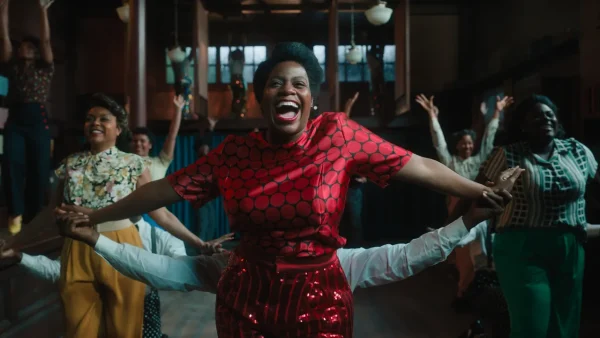‘Wonder’
December 13, 2017
Raquel J. Palacio’s Wonder is a poignant, but charming child’s novel that follows August “Auggie” Pullman as he struggles with going to school for the first time. Like most fifth graders, he has to balance his school, social and home lives, but August is also unlike his peers in that he has mandibulofacial dysostosis (Treacher Collins Syndrome). The novel follows August; his sister, Olivia and their friends as they struggle to find their places in the world.
August has been home schooled all of his life, but his parents decide that he should start going to public school. At first, he resists, but with the help of his friend Jack Will, he eases into life at school. As August begins fifth grade, Olivia begins ninth. She feels left behind by her two best friends and anchored down by her younger brother. She grapples with being a “good” big sister and being her own person.
This book shifts perspective, giving the reader an insight into what the characters around August think and feel. When August or his friends are narrating the story, the diction is very basic and you understand that the book was made for children. However, when Via or her friends are narrating, the tone is much more mature. These differences create a novel with diverse voices. Palacio knows exactly what motivates each character, and she makes sure the reader know the motivations of the characters too.
Although this book’s message is quite cheesy, it fits the book’s tone wonderfully. The theme of kindness comes naturally to the novel and the character of August; it isn’t shoehorned in to fill in empty gaps. August’s internal thoughts about kindness and overcoming the world match the relative maturity he has. If any other fifth grader had such a deep and extensive internal monologue, it would be hard to buy, but with what we learn about August, it makes perfect sense.
Anyone who can read should pick up this book. It’s written at a simple reading level and has short, choppy chapters that propels the reader along. And if the end doesn’t leave you in tears, you’re reading it wrong.


















